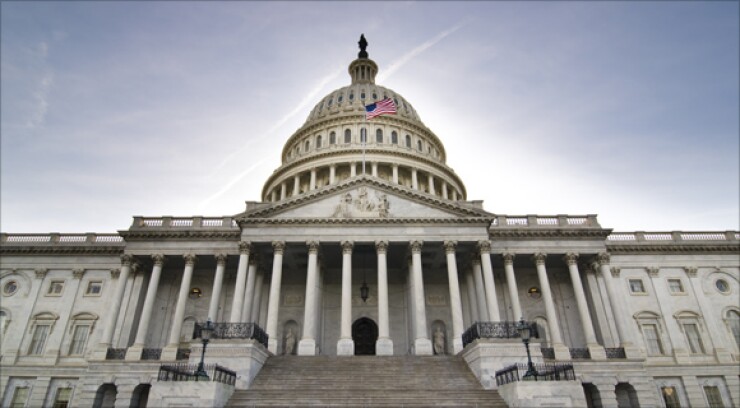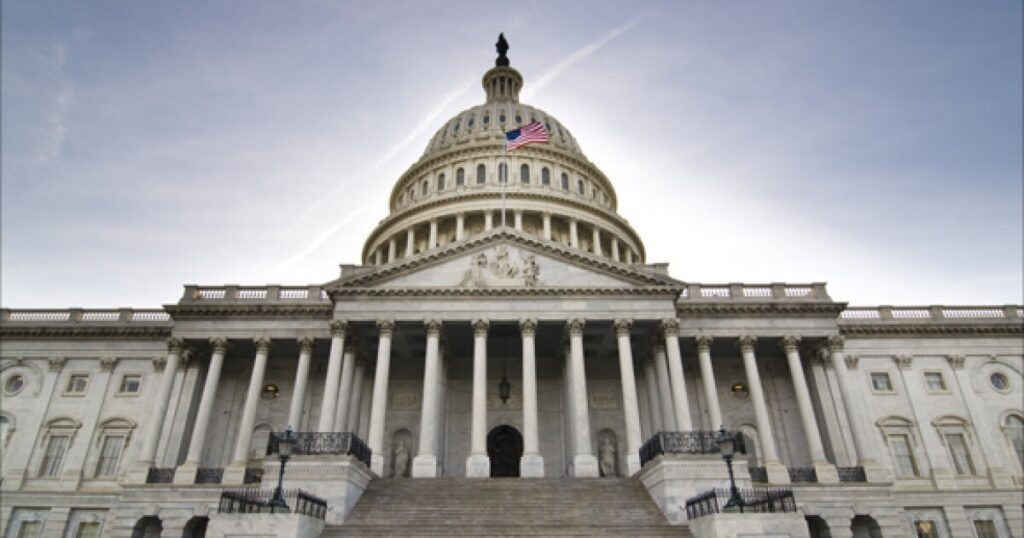
As we move toward January, the shape of the new administration becomes clearer, bringing with it
The new administration should encourage and foster responsible innovation and protect consumers by bringing industry expertise to the table. This means prioritizing leaders who truly understand the potential of fintech, including consumer demand and protection, as well as its unique requirements for regulatory frameworks.
For more than a decade, the U.S. fintech sector has been a force for transformative and responsible innovation, while expanding access to financial services in ways that traditional banks have long neglected or ignored. Yet regulators have struggled to appreciate and keep pace with rapid technological advancements and have instead stifled innovation by implementing and enforcing outdated policies.
In some cases, the regulatory approach has been so aggressive that banking and fintech entities have abandoned consumer products and services, even the fintech business model and bank-fintech partnerships. One wonders what benefits, if any, this aggressive regulatory posture has brought to consumers in recent years. One thing is certain: this regulatory approach has effectively reduced consumer choice, eliminated some consumer opportunities, and reduced the pool of eligible borrowers who were already not served by traditional banking channels. Four more years of this regulatory approach would significantly harm American consumers and economic growth.
That’s why the new administration must take a collaborative approach, working directly with those of us who have led the responsible development of fintech. Together, we can craft smart, consumer-first policies that reflect the realities of today’s landscape and keep bad actors in check while providing the tools needed to grow the American economy.
The first step is to select knowledgeable, apolitical, open-minded and diverse experts to lead agencies on the path to responsible innovation, which is what we are starting to see.
The second step is to create a dedicated fintech task force, which will bring together industry leaders and regulatory agencies to address pressing priorities – from review standards to emerging technologies.
The third step is to modernize exam standards and application mindsets through technology and an innovative mindset. The complex and evolving world of fintech requires not only vigilant oversight, but informed guidelines that reflect (and can be adapted to) current realities, not those of a banking model designed generations ago.
The fourth step is the modernization of the agencies themselves. Nothing should be off the table when it comes to reviewing how agencies are organized, staffed, managed and controlled. There is a real effort by examiners in the field to really understand the complexities and intricacies of bank-fintech partnerships. These reviewers work hard but often have no say, or sometimes their work is overly scrutinized at headquarters. Let’s turn the pyramid upside down and empower those who understand the problems better to find solutions.
Step five is better alignment between states and the federal government to establish clear guidelines on key issues such as usury caps, “real lender” rules, data protection, openness banking and much more.
Finally, we need to have an open and honest discussion about emerging technologies. Crypto and blockchain have already gained a foothold within the broader financial ecosystem, but they remain poorly understood and often poorly regulated. Additionally, as we collectively begin to realize the incredible rise of artificial intelligence, it is clear that the potential for innovation is vast, as are the regulatory challenges. When harnessed responsibly, AI can significantly improve compliance practices, for example in areas such as fair lending and anti-money laundering compliance. Sacks’ appointment is a first step forward in creating a modern regulatory system that understands these use cases and meets the demands of today and tomorrow.
Now is the time to act boldly. The United States needs a regulatory framework that promotes responsible innovation and positions the country as a global leader in fintech, AI, and crypto. This includes a clear and robust legal structure that the crypto industry has long called for, in addition to immediate regulatory attention that protects consumers, while ensuring the ethical development of AI.
The path forward is one where all industry players collaborate, engaging in open, ongoing dialogue and real-time working groups to address the complexities and potential of evolving technologies. This isn’t about giving fintech a free pass; it’s about recognizing that an industry evolving at today’s pace requires modern, flexible policies designed to keep pace. American consumers will benefit, as will the economy as a whole.

